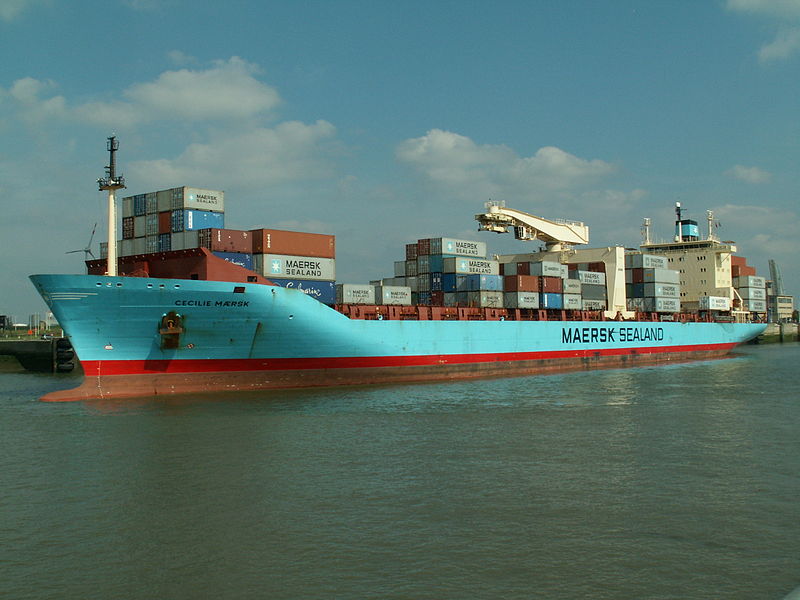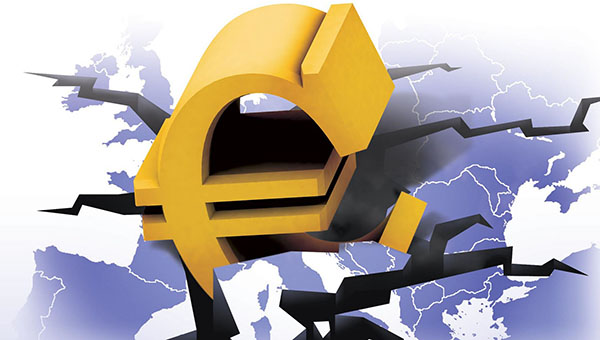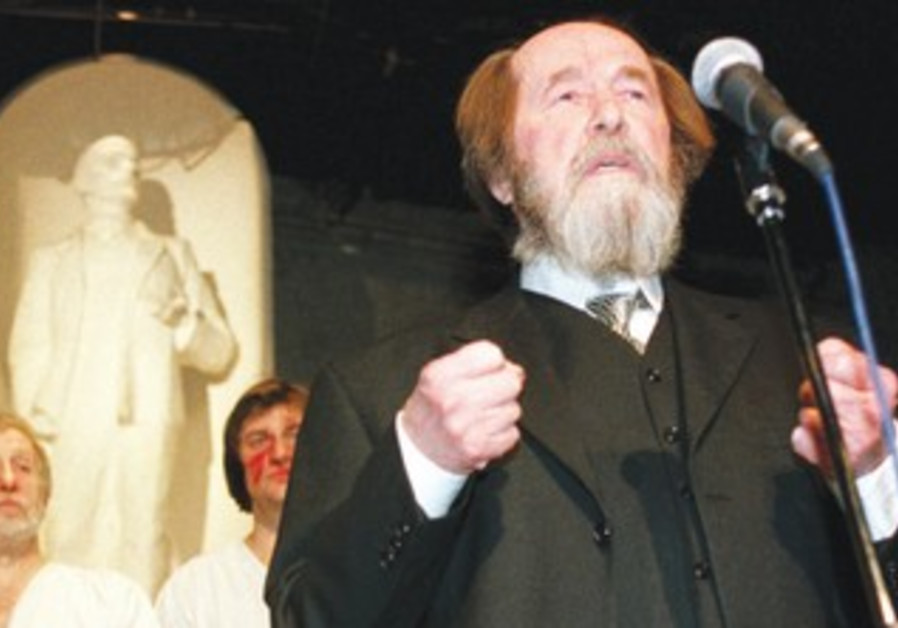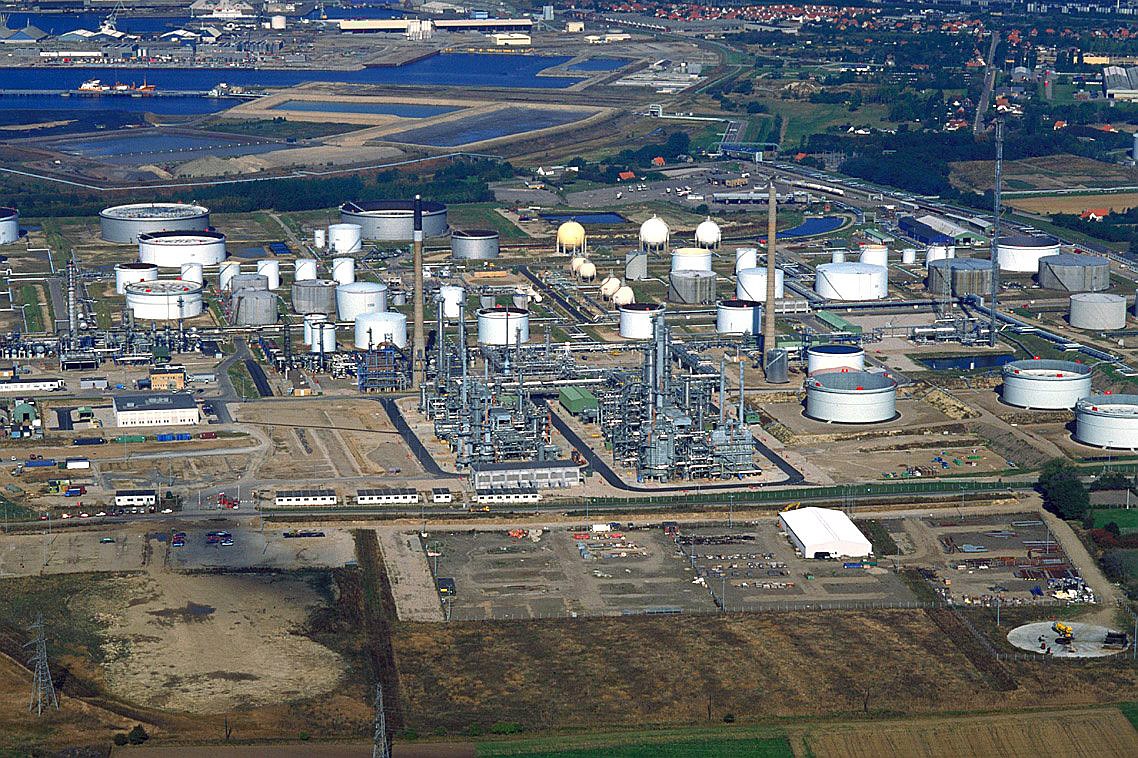Who wants another update on Scandinavia?
An Ever Closer Union
The North Sea Swindle, Part 2
The British were not the only ones to take advantage of the oil in the North Sea. When the news broke that oil had been struck, the Nordic Union, or rather, the Danish and Norwegian delegations had some very heated discussions concerning the line of demarcation that would serve as which country had the rights to what oil. Of course, it helped that Prime Minister Ritt Bjerregaard was personal friends with the British Prime Minister Roy Mason who was more than happy to team up with Denmark if it meant furthering the British interests in the North Sea, and if the richer Norwegian deposits could be gained, it was worth sacrificing a few British deposits. Ultimately, Auken and Bjerregaard had a better working relationship with their ideological comrade Mason than with the right-wing Norwegian government. One story of how the Danes got control of the oil field Ekofisk goes that the Energy Minister Per Hækkerup invited the Norwegian Foreign Minister Carl I Hagen to Copenhagen before proceeding to drink him under the table with two to three bottles good whiskey to get him to sign away the oil fields to the British-Danish alliance [1].
Let’s just say that the Norwegians weren’t amused regarding that. As for the British, they happily signed Argyll and Ekofisk over in trade for Dunlin and Troll, and everyone (well, almost everyone) was content with their share. The Danes in theory, became independent of foreign oil, Britain walked away with some impressive loot, and the Norwegians got squat
(The oil refinery in Ringkøbing, responsible for refining most of the Danish oil)
There was one little squabble however, in this otherwise cordial relationship. The fishing rights regarding Iceland. For a long time, Icelandic waters had been the fishing grounds of British fishermen. This began to change with the Cod War. It was never a shooting war but it began to be that the Icelandic Coast Guard seized ships that infringed on a 40 nautical mile zone, to which the Admiralty sent three destroyers in response. Unfortunately, this final confrontation came at an unfortunate time. Had it been in the 60’s, the USSR could have stepped in and helped Iceland, but this was the 90’s and there was no such thing. Tensions mounted until the French stepped in to support Iceland. Partly to stick it to the British and partly to gain inroads for a good trade deal. Mostly the latter.
A new North Sea Allia-..er…Treaty
Even if the Nordic Union was trading with everyone who wanted, the fact of the matter was that as the middleman between the EEC and the Nordic Union, Denmark was making bank of the trade. This was not pleasing to either of the other countries, who looked towards Britain for a trade deal. The Mason Ministry was decidedly already Nordic-friendly, so why not? Negotiations were carried out mostly in Stockholm and in Edinburgh, for the purposes of not seeming too Denmark/London-centered, though it was clear that London was in control in Edinburgh, but it also clear that it was not the same in Stockholm. In this, it saw Iceland, Norway and Sweden in an unusual alliance against Denmark, who was forced to give way to the others. Resulting from this was the North Sea Trade Bridge Treaty of 1997, opening up markets to both sides (provided they followed each other’s rules of course). The Treaty stipulated at first only pharmaceuticals, coal, iron, lumber and agricultural products, but plans were in the treaty to expand its purview should it be necessary. The harbours in Denmark, the point where the various trade zones now overlapped became one of the larger ports of entry in Europe, in part due to the largely undamaged nature of some harbours while Hamburg and Antwerpen had been shelled to hell and back during the War.
Despite Denmark being the one who benefitted the most from the Nordic Union, the other four countries in the Union benefitted as well. Polling in the five countries (Denmark, Sweden, Norway, Finland and Iceland) consistently showed approval of the Nordic Union to be over 75 percent, with only the fringe of the political spectrum being against. As for sceptics of the project, the Freyists, Communonationalists, etc. saw the writing on the wall and considered the Nordic Union to be a project that they wouldn’t be able to reverse, and so their official platform talked about just halting it. In any case, the centre of Nordic politics, from Social Democrats and Eurocommunists to mainstream liberal and conservative[2] were in favour of the Union, again for different reasons.
A Neutral Union
Despite the fact that the Nordic Union was founded as a subset of NATO to secure their own defense, during the 90’s, it emerged that NATO was splitting. The Germans and Italians were carving out their own bloc in Central and Eastern Europe, France had their own little sphere in the Atlantic and Britain was Britain. Instead of seeking closer relations with the Freyist bloc, supported by the Norwegians and subsets of the Danish Folketing, the watchword became balance. Located between Germany, Britain and France, with the United States not that terribly far away and ports that were actually usable, the Nordic Union decided on a policy of neutrality between the four western powers. When the EEC broke down in 1997, Denmark quietly left, with the Nordic Union being even more important than it had been.
Eva Kjer Hansen, prominent member of Venstre (Liberal Party) in the European Parliament. She later quipped that “The Nordic Union is a fitting successor to the old European Project”
One thing did they copy from the outside though. The idea of a transnational parliament had been gaining steam in the past years due to gridlock in things like trade negotiations and the proposed Nordic Single Market that would effectively abolish borders with regards to commerce and give the NU a chance to punch above its weightclass. The fact, however was that it required referendums. And those take time. While the idea was floated all the way back in 1992, just after the creation of the Nordic Union, the national mood had to change first, and that was not to happen until 1998 where the majority in all five countries voted for further integration into the Single Market and a Parliament to be established (or
Unionsdagen in the local languages). [3]
(The chamber of Unionsdagen, picture taken during recess)
Foreign (ie. Commercial adventures)
Meanwhile, abroad, a general trade negotiation policy was being worked out in Göteborg, which was that A) The Union would negotiate as a bloc, and B) MP’s who had political leanings that were closest to whomever they were negotiating with would be dragged along. Fx. In the North Sea Trade Bridge Treaty, the leading negotiator was the Danish Foreign Minister Svend Auken, while the Norwegians sent the leader of the Worker’s Party. The self-imposed challenge was to become a place where goods flowed freely between blocs
The core concept of this was harbour-merging. While Antwerpen had been busy being rebuilt Aarhus and Göteborg were still in roaring shape. Aarhus had already been used during the War as by the Allies to bring in supplies, and they had helpfully deepened the harbour and built larger piers. Of course, when the war ended, the Nordics found themselves with some large harbours and no purpose for them. So, on October 1, 1997, the harbour areas in Aarhus, Copenhagen, Malmö, Göteborg, Aarhus and Frederikshavn were merged to form the Greater Kattegat Harbor Area (GrKaHAr), whilst the Baltic ports in the Nordic Union did the same. For now, only the harbours gave profit, as the trading fleet of the five Nordic countries had been decimated by Soviet submarines during the war. And while it may have been that the Allies compensated the Nordics with Soviet ships, they preferred to build their own. It would still take until the new Millenium for the Nordic Union to be a global competitor in commercial tonnage despite Burmeister & Wain, Götaverken and other shipyards working around the clock

Cecile Maersk, one of the first ships launched after the war in Scandinavia.
The trade deals came in one by one. First the North Sea Trade Bridge that removed most barriers between the Commonwealth and the Nordic Union. Then came the Baltic Agreement that facilitated trade between the Freyist bloc and the Nordics. Lastly, so far the Amsterdam Treaty made sure that goods could move relatively (with some notable exceptions for protection of own industries, such as services) freely between the AEC and the NU. One prominent example of the trade with Europe that Scandinavia got up to is the short film
Supermarket in which goods from most of Europe were displayed in full view, and to much lower prices than what people thought, thanks to the absence of most tariffs.
There were, however two places where the Nordics were running their heads against walls. Against the United States and Japan. Both had come out of the war without foreign soldiers standing on their soil. They had been bombed, yes, but they weren’t subjected to occupation on any part of their own. Japan had even walked away with territorial conquests and was too busy trying to take care of them than to listen to the Norwegian Prime Minister trying to get them to sign a trade deal. Well, one was signed, relating to the trade of herring and salmon, but it was in no way the large, comprehensive omnibus deal that Göteborg had hoped for. It was even worse in the United States. President Bundy refused to even consider one such thing, fearing cheap iron and wood would outcompete American industry. The feeling of animosity was probably mutual, given that Ritt Bjerregaard noted that Bundy was…off.
1996 and 1997 Elections
Like all governments in democratic countries, the election pitted the left vs the right. How it went was different however. In Norway the ruling right-wing coalition had come under heavy fire from the opposition for handing the oil to the UK on a silver platter, whilst they pointed to Denmark as what they could have gotten from the deal (never mind that this was obtained by swindling Norway) Although Høyre were able to deflect the worst of the criticisms, the unexperienced Liberty Party had far less luck in doing so, being unexperienced in government[4]. They were unceremoniously thrown out by the voters on a 4.5 percent swing from the coalition to the opposition, opening up for a new left-wing government, that, despite their bluster, mainly let the swindle lay where it was.
Grete Berget, new Norwegian Prime Minister
Denmark on the other hand saw the ruling left-wing coalition being mostly intact, save for a few MF’s being handed to the opposition as part of the usual fatigue. Sweden, for their part saw the Social Democrats pushed into a series of long and arduous negotiations regarding government formation due to the Centre Party being initially unwilling to enter a coalition (or rather, as one biography from an anonymous, prominent Moderate[5] claimed; “To extract as many concessions as possible”). The results of this election has mostly been drawn up to the fact that the long-standing Swedish prime minister Olof Palme resigned due to old age and falling health in 1995, trying to clear the way for the heir apparent to stand on his own…unfortunately this meant that the previous charismatic leader was now gone and voters dissipated. But, despite this, Allan Larsson, in his new role, still saw heads roll of his own MP’s. And for all Olof Palme’s efforts, it was ultimately in vain as they had to see the Moderates enter government.
The most interesting news in the election season, however, came from eastwards. In Estonia and Finland, a growing sentiment was fostered to take the Greater Finland idea one step further and integrate Estonia. The Kola Peninsula was already under Helsinki’s control, so why not? In Estonia, it was echoed as a way to drag themselves out of the quagmire that was the devastation after the war and entering the Nordic sphere. The “Soomesugu” Movement in Estonia began to rapidly gain steam and by 1996, it had more or less forced the ruling government through parliamentary maneuvers to go to Helsinki and to the people to ask a single question in a referendum
“Do you want the Republic of Estonia to be annexed by the Republic of Finland as an autonomous region?”
The campaigning included a lot of mudslinging from both sides, with the pro-Finland side accusing the pro-Estonia side for not caring for the Estonian people and their best interest, and in return, the pro-Estonia camp accused the pro-Finland supporters for being traitors to their country, wanting to subsume it under another nation. Campaign strategists and advisors, fresh off Nordic elections, packed their bags for Estonia, where new campaign strategies and avenues of attack were tested off before they were to be deployed in places like Germany, Britain and France.
The result was close, but still clearly defined when it came out.
1997 Estonian Annexation Referendum
“Do you want the Republic of Estonia to be annexed by the Republic of Finland as an autonomous region?”
Yes: 534,892 (55.2%)
No: 429,271 (44.3%)
Blank/Invalid votes: 4,845 (0.5%)
Turnout: 969,008 (85.3%)
The Yes campaign had succeeded. The foreign minister of Estonia went to Helsinki the next day and informed them of the result. To skip a whole lot of boring deals and negotiations, Estonia would be brought into Finland with provisions added for protection of culture and languages whilst Helsinki would be taking over finance, defence, foreign policy etc. On January 1, 1998, Estonia ceased to be.
---
[1] This is based off a story with the roles reversed told in Denmark, where Hækkerup was the one who signed away the oil…Even if it is probably untrue, it is a good one.
[2] Nordic conservative parties were and still are way more socially and fiscally liberal than their transatlantic counterparts
[3] For what powers it has, it’s pretty much the European Parliament with a two-nation veto (ie. Two nations combined can veto to prevent Sweden running roughshod over the rest of the Union)
[4] A common curse when an inexperienced party enters government and is outmanoeuvred by more experienced comrades
[5] The book in question is based off a Danish book called “The Secret Social Democrat” about the Thorning Cabinet












